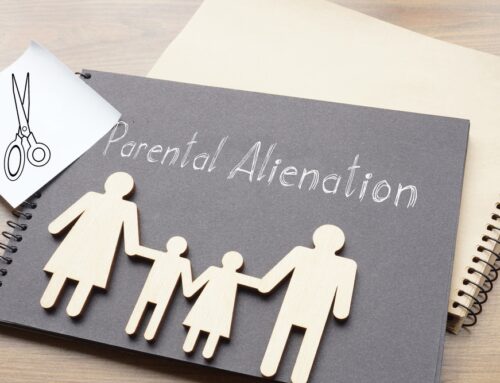In recently released statistics (Office for National Statistics) it was reported that there were a huge 107,599 divorces across England and Wales during 2019 alone. It is thought that the Covid-19 pandemic has also had an impact on divorce rates in the UK.
If you have been considering divorce but are perhaps querying the finality, upheaval or costs that could be involved then you may want to consider a separation agreement.
What Is a Separation Agreement?
A separation agreement is a document that you can make, if and when you decide you want to stop living with your partner which enables you to make arrangements for your property, children or how to split finances. This process is especially popular as you can create one whether you are a married or unmarried couple. If you are married this document can subsequently be used to process a divorce at a later date if you wish to do so.
Is a Separation Agreement Legally Binding?
The short answer to this is no, however, a legal firm will draw one up for you which means it carries the same weight as any other contract, which can always be challenged in court. It’s intrinsic you use professional solicitors if you do go ahead with this option to ensure you’re both covered legally.
Unlike a divorce, a separation agreement doesn’t need to be filed anywhere, unless you think at some point you’d like your solicitor to turn the document into a consent order. Again this can still be formulated into a formal divorce document and used in court at another time if you go down that route.
It’s important you and your partner are in agreement on all of the terms in the agreement when you sign it as any instability will make the courts more likely to throw it out as inadmissible if one of you decides to challenge it a few months down the road. You must both give full and frank disclosure of finances, any circumstances that caused the breakdown and how you wish for a division of property to be.
Which Is The Better Option For Me?
Although a separation agreement can be really useful if you’re still deciding how to proceed in terms of a divorce, however, there are some cons. It can be tricky for a court to enforce, as it isn’t strictly a legal process which divorce is, so similarly the contents could be disregarded when it comes to actioning a full divorce, don’t be lulled into thinking it’s final, as only a divorce is final. Any changes must also be agreed by both of you, which can be especially difficult if your relationship and communication aren’t at their best.
The conditions for divorce are explained in full on the government website but in simple terms you have to meet certain parameters before being allowed to file, which are;
- You’ve been married for over a year
- Your relationship is permanently broken down
- Your marriage is legally recognised in the UK (including same-sex marriage)
- The UK is your permanent residence, or that of your husband or wife
You then need to cite one of the five ‘facts’ which are; adultery, unreasonable behaviour, desertion, you have been separated for at least 2 years (the other party must agree to this in writing, or separated for at least 5 years (husband or wife isn’t required to agree at this point).
Unfortunately, divorce and separation does happen, but you don’t have to take it lying down. We have an expert team that will handle it all for you from issuing proceedings to applying for the decree nisi and absolute on your behalf.
If you need some expert advice on your options, speak to our friendly specialist team and book a free initial consultation.




